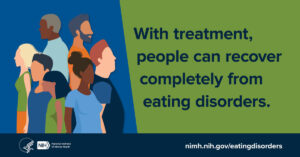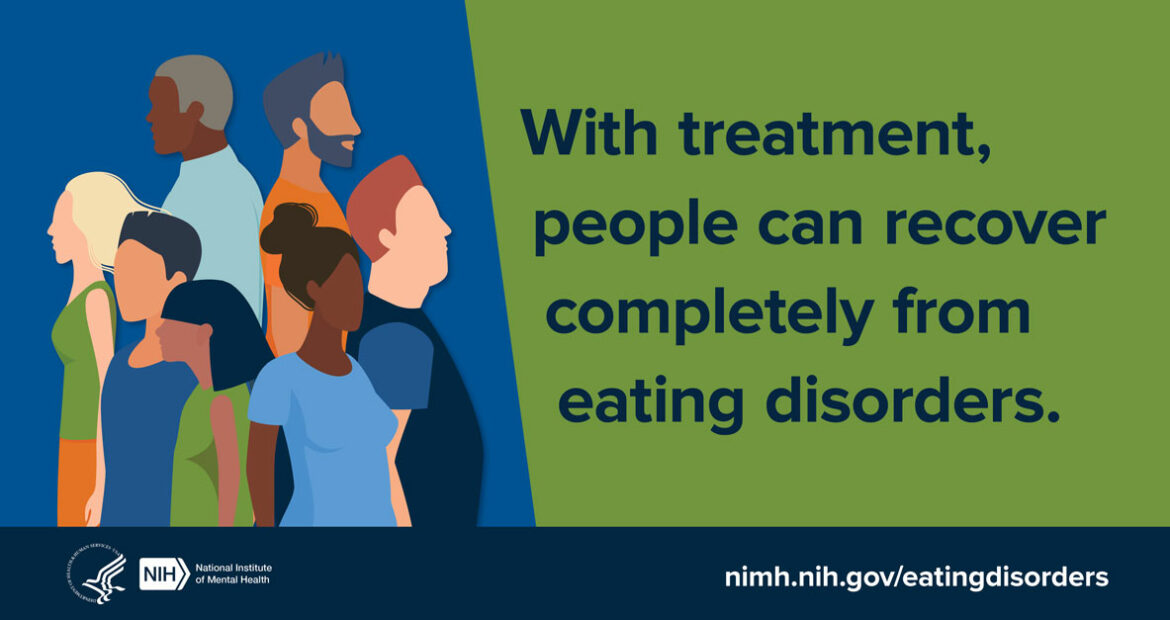Does Eating Disorder Treatment Work? Unpacking the Efficacy and Journey
Eating disorders, complex and deeply ingrained conditions, can be daunting to confront and overcome. Individuals suffering from these disorders often ask, “Does eating disorder treatment really work?” This comprehensive guide aims to explore the efficacy of various treatment approaches, shedding light on the journey towards recovery and the factors that contribute to successful treatment outcomes.
Understanding Eating Disorders and Their Treatment
- The Complexity of Eating Disorders: Eating disorders, including anorexia nervosa, bulimia nervosa, and binge eating disorder, are not just about food. They’re deeply rooted in psychological, biological, and social factors.
- Holistic Treatment Approaches: Effective treatment typically involves a combination of psychotherapy, nutritional counseling, medical care, and, in some cases, medication.
The Role of Psychotherapy in Eating Disorder Treatment

- Cognitive-Behavioral Therapy (CBT): CBT is widely recognized as one of the most effective treatments for eating disorders. It addresses harmful thought patterns and behaviors related to food, body image, and self-esteem.
- Family-Based Therapy (FBT): Particularly useful for adolescents with eating disorders, FBT involves family members in the treatment process, empowering them to support their loved one’s recovery.
- Other Therapeutic Modalities: Therapies like Dialectical Behavior Therapy (DBT) and Acceptance and Commitment Therapy (ACT) can also be effective, especially in addressing co-occurring issues like anxiety and depression.
Nutritional Counseling and Medical Treatment
- Restoring Physical Health: Nutritional rehabilitation is an essential component, focusing on restoring healthy eating patterns and reversing the physical effects of eating disorders.
- Medical Monitoring: Ongoing medical care is crucial to address any physical complications arising from eating disorders.
Evaluating the Success Rate of Eating Disorder Treatment
- Individual Variability: Success rates vary depending on the type of eating disorder, the individual’s circumstances, and the specific treatment approach.
- Long-Term Commitment: Recovery from an eating disorder is often a long-term process that requires ongoing commitment and support.
Challenges in Eating Disorder Treatment
- Relapse Risk: Relapse can be a part of the recovery journey. Continuous care and relapse prevention strategies are key components of successful treatment.
- Psychological Resistance: Resistance to treatment is common, especially in the early stages. Building trust and a strong therapeutic relationship is vital for overcoming this challenge.
The Impact of Support Systems in Treatment
- Family and Community Support: The role of family and peer support cannot be overstated. A strong support network can significantly enhance treatment efficacy.
- Professional Support Teams: A multidisciplinary team approach, involving therapists, dietitians, and medical professionals, is often the most effective in treating eating disorders.
Emerging Trends and Research in Eating Disorder Treatment
- Innovative Therapies: Recent advancements include virtual reality therapy and mindfulness-based interventions, showing promise in treating eating disorders.
- Ongoing Research: Continuous research is crucial for understanding eating disorders better and improving treatment methodologies.
Personal Empowerment in Eating Disorder Treatment
A key, yet often overlooked, aspect of eating disorder treatment is the journey towards personal empowerment. This process involves cultivating a sense of self-agency and resilience. Patients learn to recognize their own strengths and capabilities, which can be transformative in their recovery journey. Empowerment comes from gaining control over one’s eating behaviors, understanding and managing emotions, and developing healthier coping mechanisms.
This shift from feeling controlled by the eating disorder to managing it is a crucial milestone in treatment. It reinforces the individual’s ability to make choices that align with their well-being and long-term health. This empowering experience often extends beyond managing the eating disorder, positively influencing other areas of life, fostering a sense of accomplishment, and rebuilding self-esteem eroded by the disorder. Ultimately, the goal of treatment is not just to overcome the disorder but to emerge stronger, more self-aware, and equipped with the tools for ongoing personal growth and well-being.
Making the Decision to Seek Treatment
- Taking the First Step: Recognizing the need for help and taking the first step towards treatment is a crucial part of the journey to recovery.
- Finding the Right Treatment: Choosing a treatment plan that resonates with your needs and preferences is essential for its success.
So Does Eating Disorder Treatment Work?
While the road to recovery from an eating disorder can be challenging, effective treatment can significantly improve the quality of life and health. With the right approach, support, and commitment, recovery is not just a possibility but a reachable goal. I can help, Book Here to explore your eating disorder treatment

